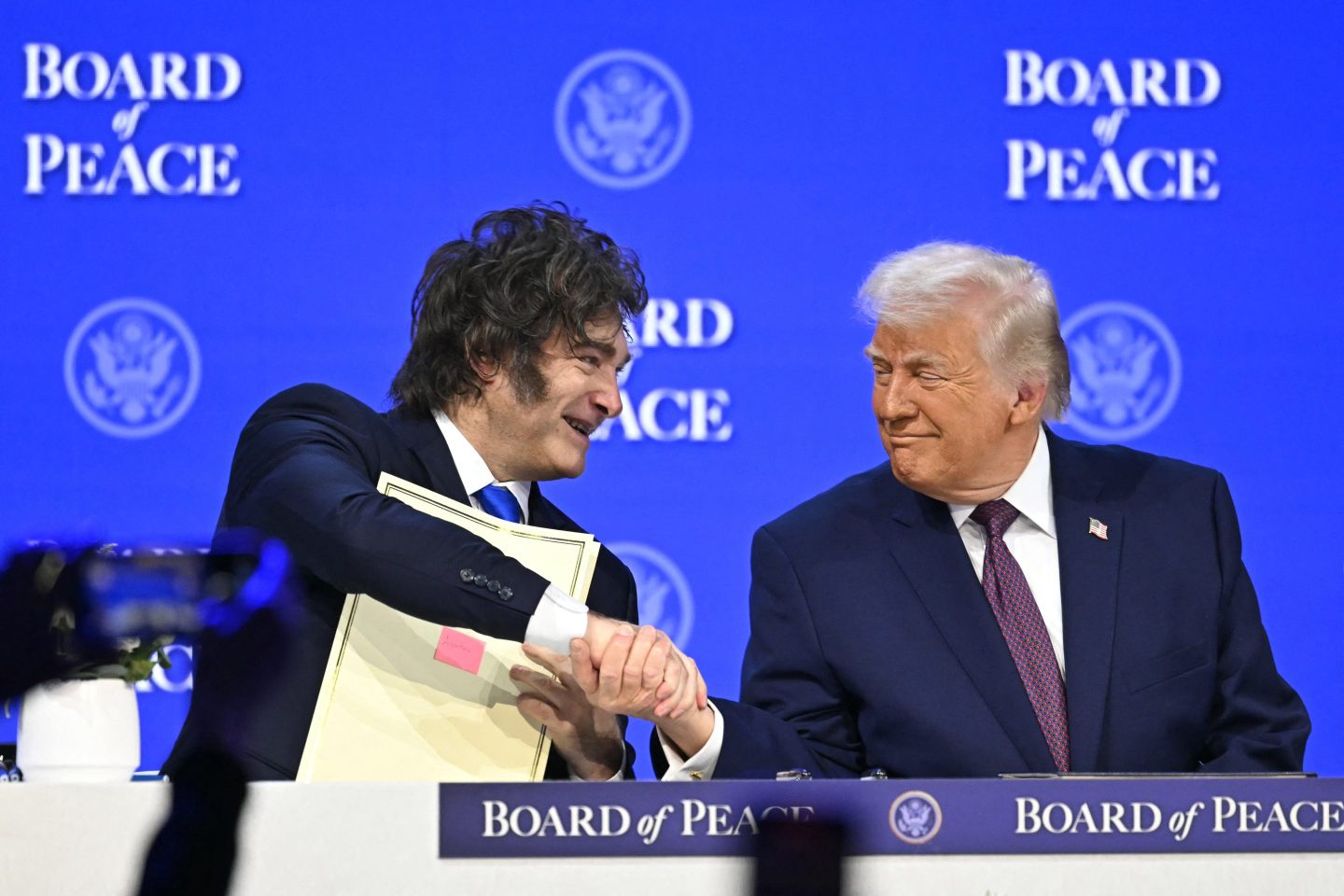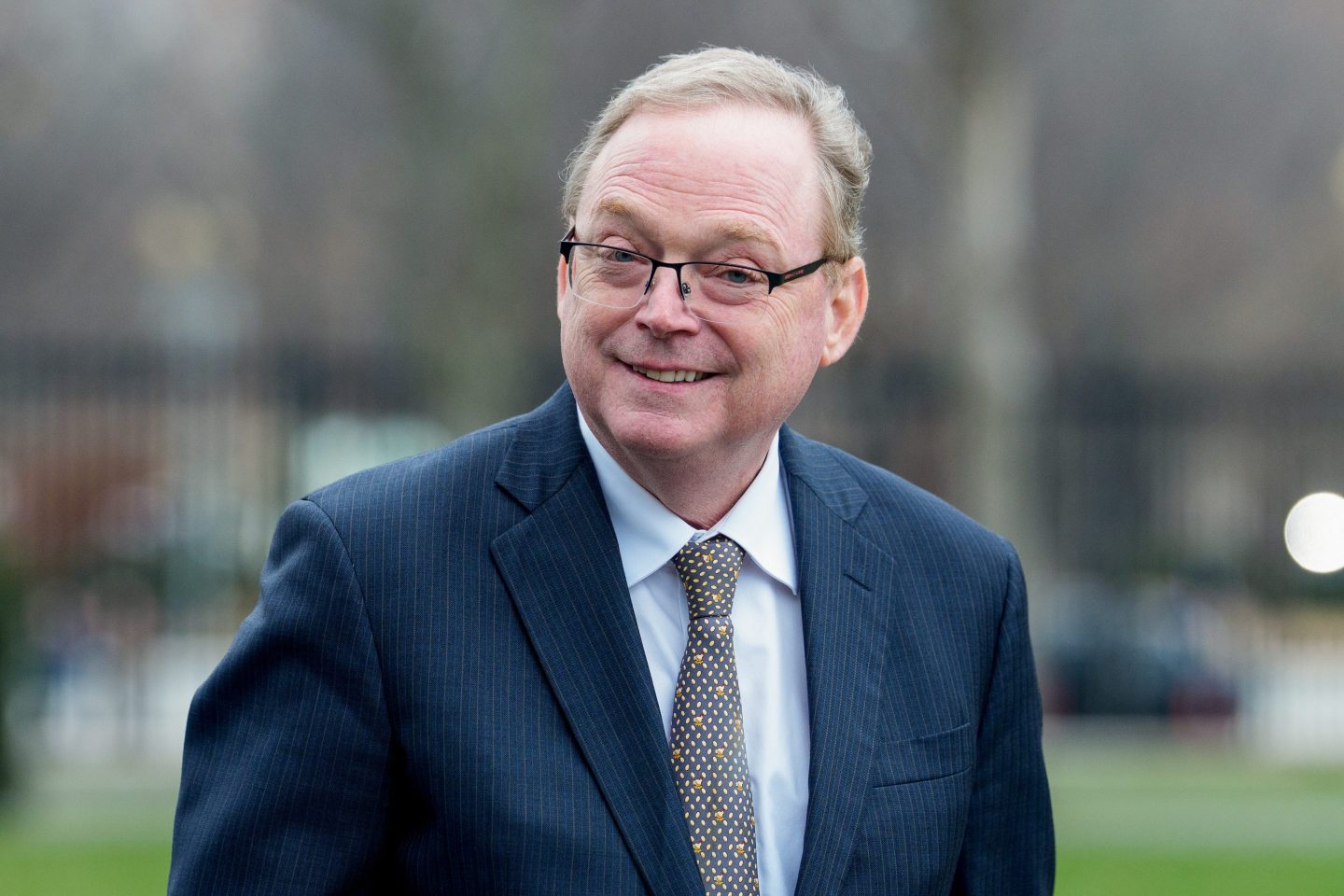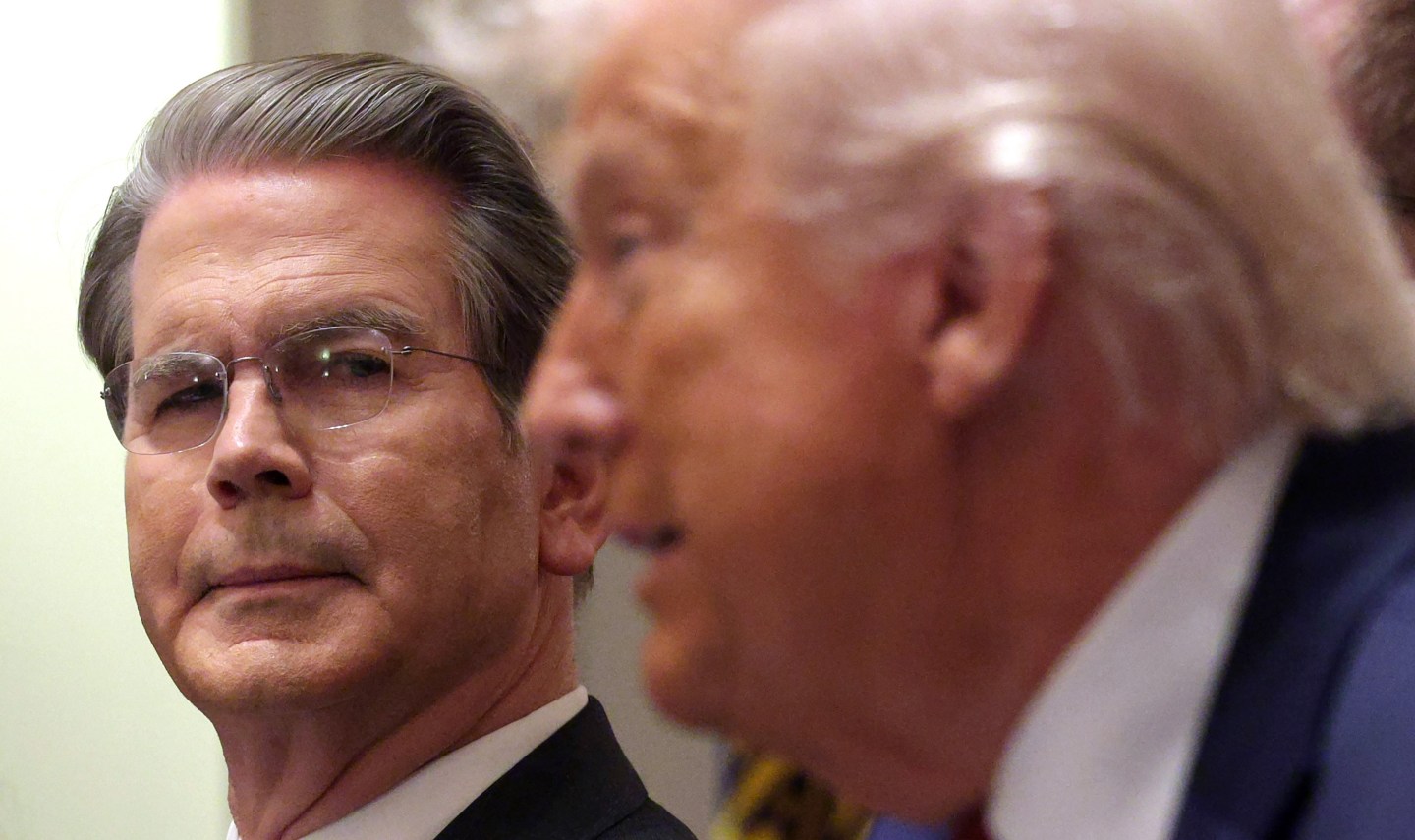It wasn’t that long ago that New York Gov. Andrew Cuomo appeared to have cemented a place for himself in the hallowed halls of political heroes. As cases of COVID-19 exploded in his state and New York City became the global epicenter of the deadly pandemic in the early days, his daily livestreamed press briefings became a security blanket for terrified and ailing Americans who were dealing with a dearth of guidance from the White House.
Shirts were made, posters were sold, and media publications declared the rise of the Cuomosexual. Even the governor’s daughter’s boyfriend became a national celebrity. And then the ravaging effects of the pandemic began to ease. By June, restaurants were reopening for outdoor dining, and Cuomo wrote a book extolling his own wisdom: American Crisis: Leadership Lessons From the COVID-19 Pandemic.
A presidential run was discussed. If not 2020, maybe in 2024.

The three-term Democrat, known for his brusque manner, was riding high. Until an avalanche of scandal brought him down.
First, coronavirus cases, which remained relatively low in New York during the summer and early fall months of 2020, spiked once again during the holiday season, coinciding with the release and press tour for Cuomo’s book, a triumphant tale of his battle against the virus.
Next came allegations that Cuomo pushed his associates to conceal COVID-19–related deaths at nursing homes by pressing officials to alter official reports. A federal investigation into the allegations is now underway, and nine high-ranking New York health officials have resigned from their jobs in response to the governor’s handling of the pandemic. Promotion of his book is now on hold by its publisher.
Finally, and and perhaps most painfully, multiple women, including current and former members of his staff, accused the governor of sexual misconduct. Multiple stories corroborating a toxic office culture for young women in the governor’s office, filled with uncomfortable comments and sexual innuendo, have emerged over the past few weeks. The most serious allegation involves Cuomo groping the breast of a current aide. Cuomo has denied the allegations, and an independent inquiry overseen by the New York State attorney general is now underway.
The New York State Assembly announced it would open an impeachment investigation in mid-March, and more than 60 high-profile Democrats, including a majority of New York representatives and Senators Chuck Schumer and Kirsten Gillibrand, have now called for his resignation.
Cuomo’s popularity in New York has also dropped precipitously. While a recent Quinnipiac University poll shows that his constituents are split on the topic of resignation, his approval rating sits at 45%, down 30% from last year.
“New Yorkers are not clamoring to have him step down at this stage, but they are signaling a willingness to show him to the exit door once his term is done,” said Quinnipiac University polling analyst Mary Snow.

But while other politicians might bow to this pressure, Cuomo has said he isn’t going anywhere. In the past weeks, the governor has become increasingly relentless. He has held a series of press conferences with longtime supporters showering him with praise and often putting the onus of his current situation on the rise of “cancel culture.” The politicians who criticized him, he said, were doing it because of “political expediency” and “without knowing any facts and substance.”
Cuomo said the whole affair—the series of accusations, the barrage of bad press, the political leaders asking him to step aside—was a punishment because he is “not part of the political club.”
“And you know what?” he said of his self-proclaimed outsider status, “I’m proud of it.”
The reality is quite the opposite. The implosion of the New York governor’s once-promising political career marks the possible end of another long-standing American political dynasty. Behind Andrew Cuomo is nearly five decades of political maneuvering.
Cuomo’s father, Mario, was a mainstay in New York politics beginning in the 1970s. He began his career working for Fred Trump, Donald’s father, and eventually served as governor of New York for 11 years. He was shortlisted as a potential VP in two presidential campaigns and gave the keynote speech at the 1984 Democratic National Convention. In the early ’90s, Mario considered his own presidential run but was ultimately unsuccessful.
But that didn’t mean his son couldn’t be. Andrew Cuomo began his career by working for his father’s gubernatorial campaign and eventually acted as one of his top advisers in Albany. He married into the Kennedy family and was selected by President Bill Clinton to serve as secretary of Housing and Urban Development. Upon his return to New York, the field was essentially cleared for him by political movers and shakers to become New York attorney general.
Cuomo’s ascension to the governor’s mansion was not the scrappy tale of an outsider pushing his way into the “political club”; it was the story of a man who was born and raised within the club. And his fall from grace tracks the story of a man with a last name that’s been a part of the national political conversation for two generations and who is feeling the ramifications in a country that is weary of political dynasties.
Last year saw the fall of a number of fabled dynasties: Joseph P. Kennedy III, Robert F. Kennedy’s grandson, lost his Senate primary race. Rep. William Lacy Clay Jr., whose family has spent half a century in Missouri politics, lost to Cori Bush after serving in the House for 10 terms. Pierce Bush, the grandson of President George H.W. Bush, didn’t make it into the runoff for a GOP Texas congressional seat. Bernie Sanders’ son, Levi, lost a congressional primary in New Hampshire.
Cuomo’s name won’t get him out of facing repercussions for the abusive, illegal, and deceitful environment he has allegedly created. And so instead he has pivoted away from the nepotism that helped boost him to his current position. He will blame his downfall on the “political elite” and “cancel culture.”
The hard turn seems like a tough pill to swallow for New Yorkers who are intimately familiar with his family’s legacy. Either way, it appears unlikely that we’ll see a Cuomo in the White House anytime soon.
More politics coverage from Fortune:
- The U.S. will spend billions in stimulus to tackle child poverty—still puny by global standards
- Bernie Sanders bill would tax companies for CEO pay disparity
- IRS says child tax credits could be delayed
- The $15 minimum wage in 4 charts: How states and industries measure up across the U.S.
- President Biden cancels $1 billion in student loan debt












